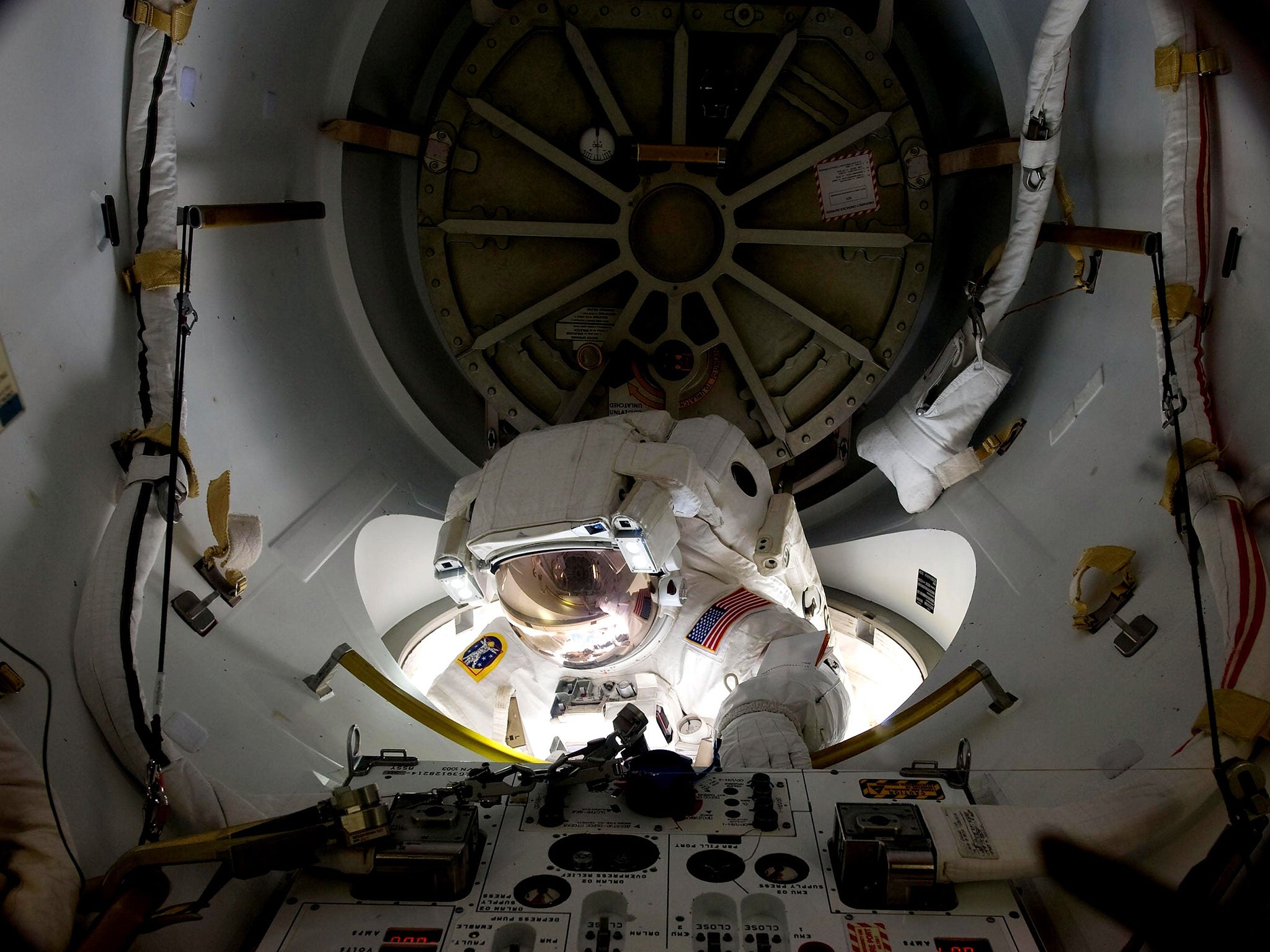Human hibernation could become a 'reality', says European Space Agency scientist
Trials are being conducted to find a way to keep astronauts in a sleeplike state

Your support helps us to tell the story
From reproductive rights to climate change to Big Tech, The Independent is on the ground when the story is developing. Whether it's investigating the financials of Elon Musk's pro-Trump PAC or producing our latest documentary, 'The A Word', which shines a light on the American women fighting for reproductive rights, we know how important it is to parse out the facts from the messaging.
At such a critical moment in US history, we need reporters on the ground. Your donation allows us to keep sending journalists to speak to both sides of the story.
The Independent is trusted by Americans across the entire political spectrum. And unlike many other quality news outlets, we choose not to lock Americans out of our reporting and analysis with paywalls. We believe quality journalism should be available to everyone, paid for by those who can afford it.
Your support makes all the difference.Since time immemorial, humans have often wished they could curl up and sleep away those cold winter days like their furry friends, but that dream could one day become a reality with scientists investigating new ways for astronauts to hibernate in space.
According to Leopold Summerer, the head of the advanced concepts team at the European Space Agency, research could put “some science fiction into the realm of science reality” within our lifetimes.
Taking lessons from the techniques used by animal hibernators, sciences are already using some of them in experimental medical therapies such as therapeutic hypothermia, which involves lowering the body’s temperature for several days at a time, to help treat people with traumatic brain injuries.
Trials are now being conducted to see whether there was a way to keep astronauts in a sleeplike state for days or weeks using temperature without any ill effects, something that may be required for deep space travel.
Summerer told the Washington Post: “It doesn't mean we will have hibernating astronauts anytime soon, but we are learning from nature how to understand some of the things that happen to animals during hibernation, such as preventing bone loss or preventing muscle loss. This is already something that would be a great benefit for long-distance space flight.”
NASA funded a study last year to study the idea of astronaut hibernation. The proposed benefits include a cut in food and water required on the spacecraft, reduction in waste and less space need for exercise and entertainment.
Putting the crew to space might also minimize the psychological challenges associated with deep space flight.
In recent years, NASA has invested millions into studying the effects of long term effects of living in space.
Last year, it announced it would be conducting a study on two identical twins to see how space affects the body.
Scott Kelly, 50, has been sent to the International Space Station for an entire year, twice the duration of a normal stay on the facility, while his identical twin brother Mark remains on the ground.
Both men will be subject to 10 separate investigations monitoring everything from how their digestive tract to how their genes change due to spending a year in space.
Join our commenting forum
Join thought-provoking conversations, follow other Independent readers and see their replies
Comments